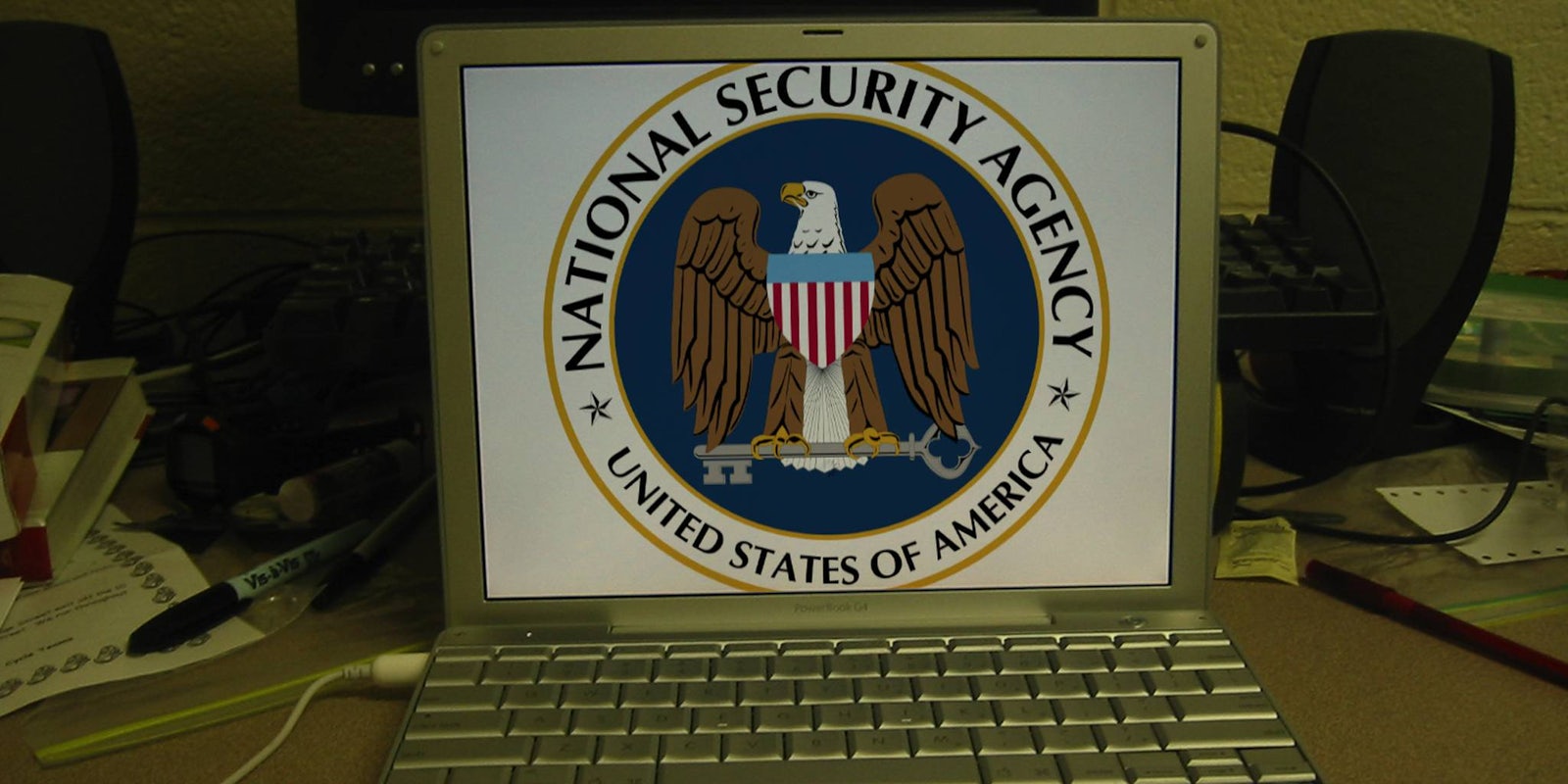Lawmakers will debate next week whether and how to reauthorize provisions of a surveillance law made famous by the Edward Snowden leaks, in one of many upcoming skirmishes over the controversial powers.
The Senate Judiciary Committee hearing, announced Tuesday night, will shine the spotlight on the Foreign Intelligence Surveillance Act, a 1978 law that lets the government spy on agents of foreign powers.
FISA was Congress’s response to illegal domestic surveillance operations revealed by two Senate committees in the 1970s, including President Richard Nixon’s use of federal intelligence agencies to monitor political opponents. The law requires the government to obtain a warrant from the Foreign Intelligence Surveillance Court before setting up an electronic or physical wiretap targeted at foreigners.
Congress amended FISA in 2007 to let the government wiretap communications that either begin or end outside the United States without FISC approval; in a more substantial 2008 overhaul, it limited that power to non-U.S. persons. The last reauthorization, in 2012, set the current expiration date of Dec. 31, 2017.
Most criticism of FISA has focused on Section 702, which authorizes the National Security Agency to collect large volumes of U.S. companies’ phone and Internet data and analyze anything belonging to foreigners. (The first Snowden leak was a FISC order issued to Verizon under Section 702 that required it to turn over all of its calling records to the NSA.) Privacy advocates have accused the NSA and the FBI of using Section 702’s Internet program, codenamed PRISM, to surreptitiously surveil Americans.
Although the NSA cannot target Americans under Section 702, it often “incidentally” sweeps in U.S. persons’ phone and Internet records if those people either mention or are in communication with a foreign target. And agency rules allow spies to use database search terms that turn up those U.S. person records, which can then be accessed.
Mark Jaycox, the civil liberties legislative lead at the Electronic Frontier Foundation, said it was imperative for lawmakers to study Section 702 data collection on Americans.
“We’re encouraged by a hearing as we prepare to debate the privacy harms of Section 702 in light of its expiration at the end of 2017,” Jaycox said in an email. “One specific point we’d like the committee to work on is to get a true sense of the collection going on.”
Members of the House Judiciary Committee recently sent a letter to Director of National Intelligence James Clapper asking for those detailed statistics, which Clapper has refused to provide despite repeated calls by civil-liberties advocates.
According to the U.S. intelligence community’s latest transparency report, the NSA searched the Section 702 database 4,672 times in 2015 with terms that produced information on U.S. persons.
The spy agency, which controls the Section 702 database but lets other federal agencies access it, is supposed to scrub personally identifiable information from U.S. person records under so-called “minimization” procedures, but the extent to which those procedures protect Americans’ privacy is unclear.
It is also unclear how many times other agencies, like the FBI, searched the NSA’s database in 2015 to gather information on Americans. FBI agents can use evidence found in the database for criminal trials, although they must notify defendants that the evidence against them includes warrantlessly gathered information.
The House has twice passed amendments banning the NSA from searching the Section 702 database for Americans’ data, but those amendments were stripped out of their parent bills in the Senate.


